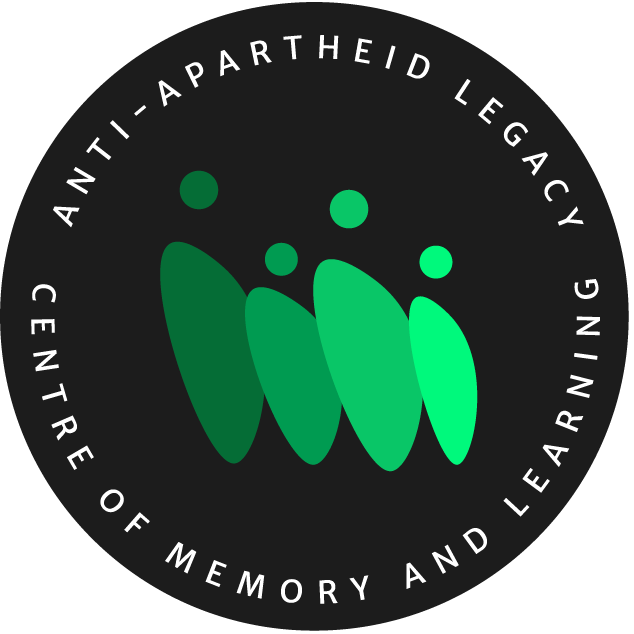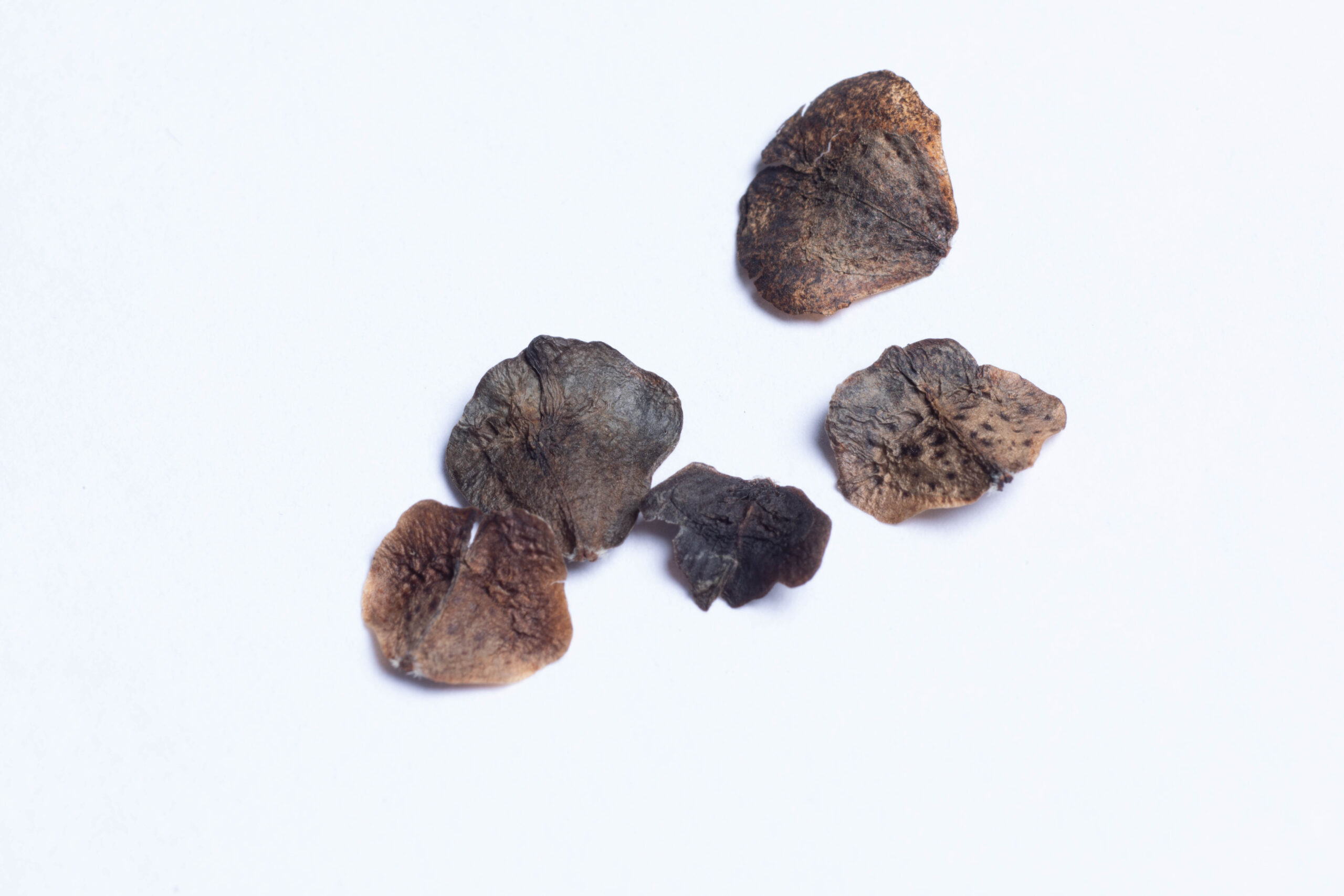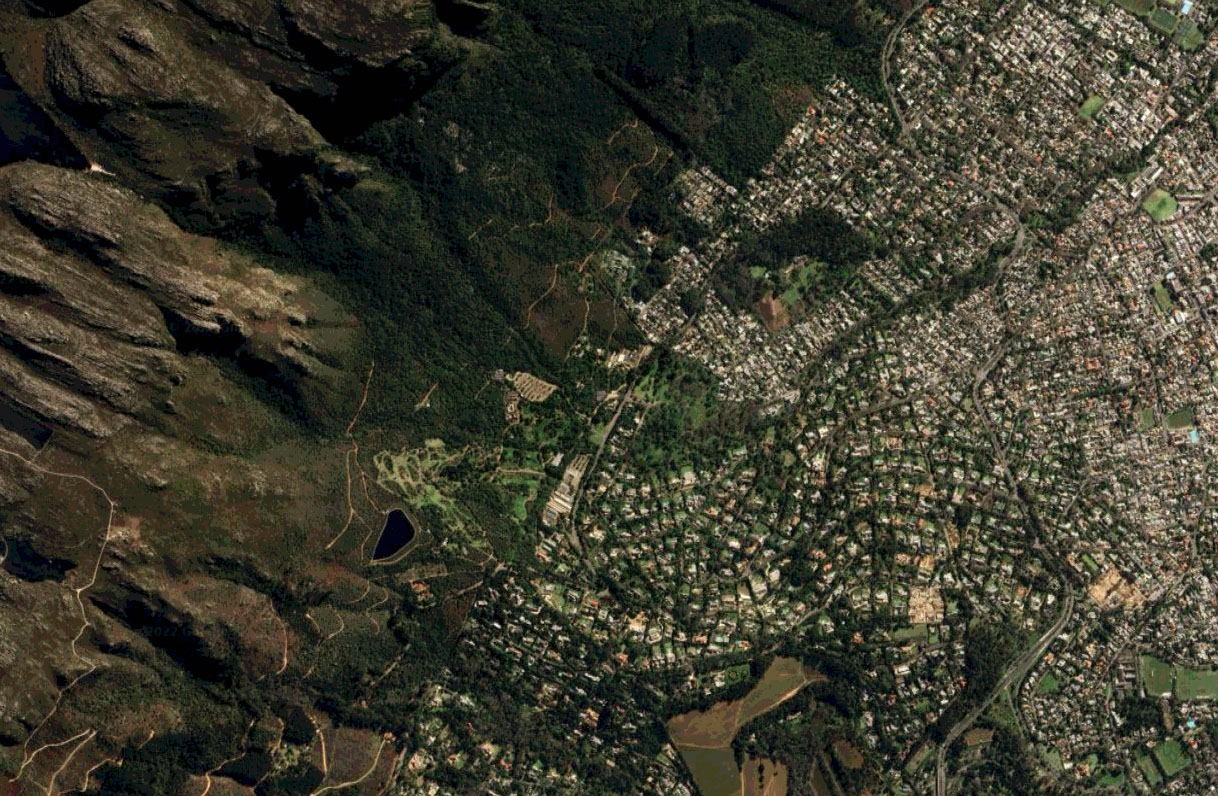We are excited to announce that artist Mae Shummo and members of the NOW WHAT collective, Lucia Medina Uriarte and Ektoras Arkomanis, have been commissioned by Liliesleaf Trust UK to create an artwork in relation to contemporary legacies of the international solidarity movement against apartheid.
Their proposed artwork is composed of two elements: a cast bronze plate juxtaposing the grid-plans (in relief) of Protea Village, Western Cape, South Africa and an organic piece: a record of the Leucadendron seeds that are stored in Kew Gardens Wakefield’s Millennium Seed Bank. They are looking at plant seeds both as a resource and as a botanic metaphor — of colonialism, suppression, but also perseverance through adversity. Their piece will be at once, fragile and resilient.
The artists said about their project:
Protea / Extraction draws on two elements: a plant seed and a site of colonial oppression which share the name Protea and are related by the botanical and political histories of South Africa.
Protea Village, border with Kirstenbosch Botanical Gardens and surroundings, Cape Town, South Africa (Google satellite view, public domain CC by 4.0)
Protea Village is an area adjacent to Kirstenbosch, the National Botanical Garden of South Africa, located in Western Cape. In the early 20th century, enslaved black South African and other African workers were brought there to work in the garden. They gradually inhabited this area next to the garden, building their homes, and a community. Several decades later, in the 1950s and 60s, they and their descendants were expelled from the site, their homes were demolished and Protea Village was built over. (1)
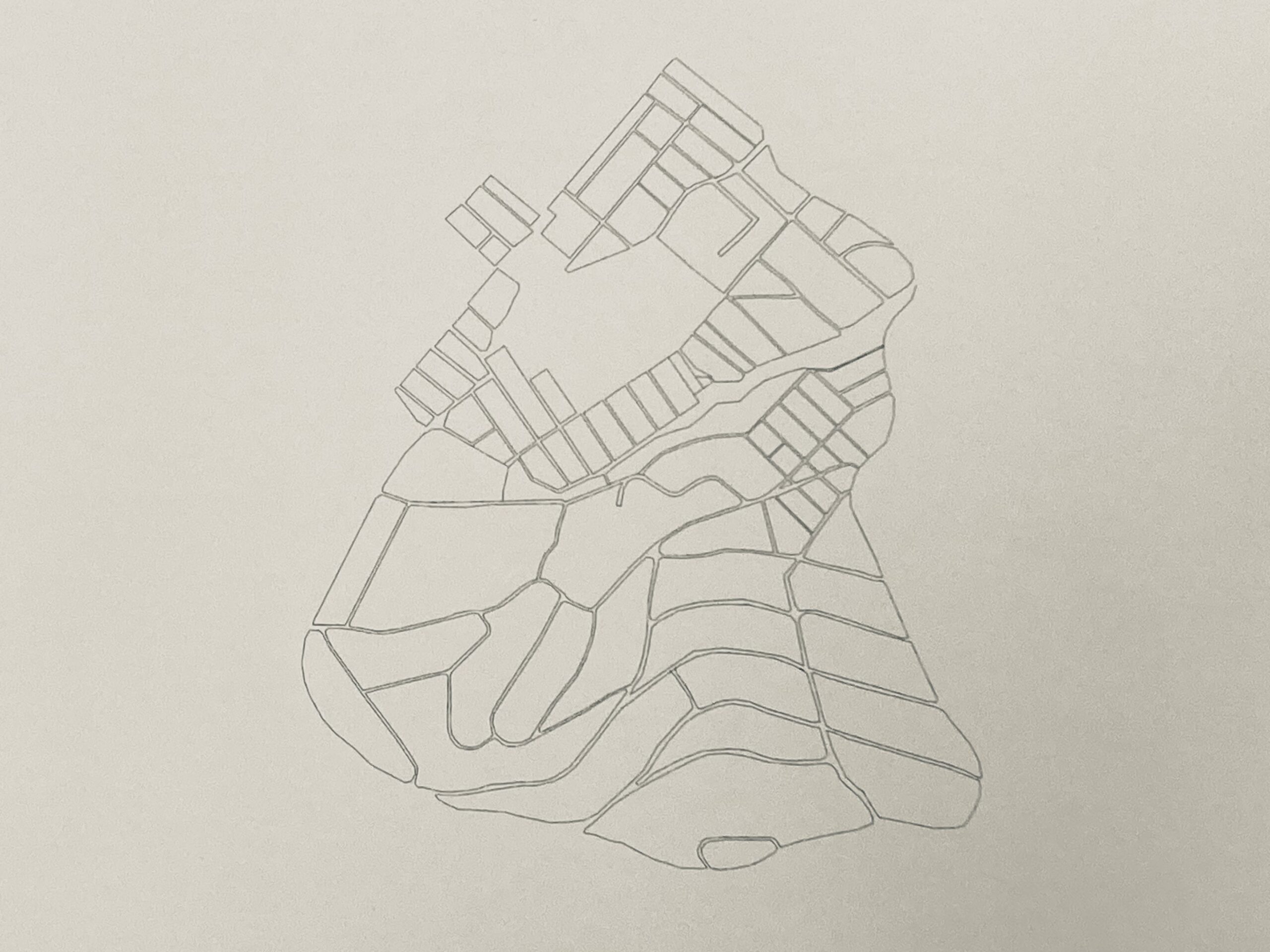
Protea Village, outline. Plan/extraction from map which shows current land division and roads (image credit: Mae Shummo, Lucia Medina Uriarte, Ektoras Arkomanis)
Our project will acknowledge this historical oppression through sculpture and installation. We thought it’s also important to look at plants, as the locus of the conflict.
The name Protea is owed to the national flower of South Africa, King Protea, and its plant family, the Proteaceae, which are endemic to the South African fynbos.
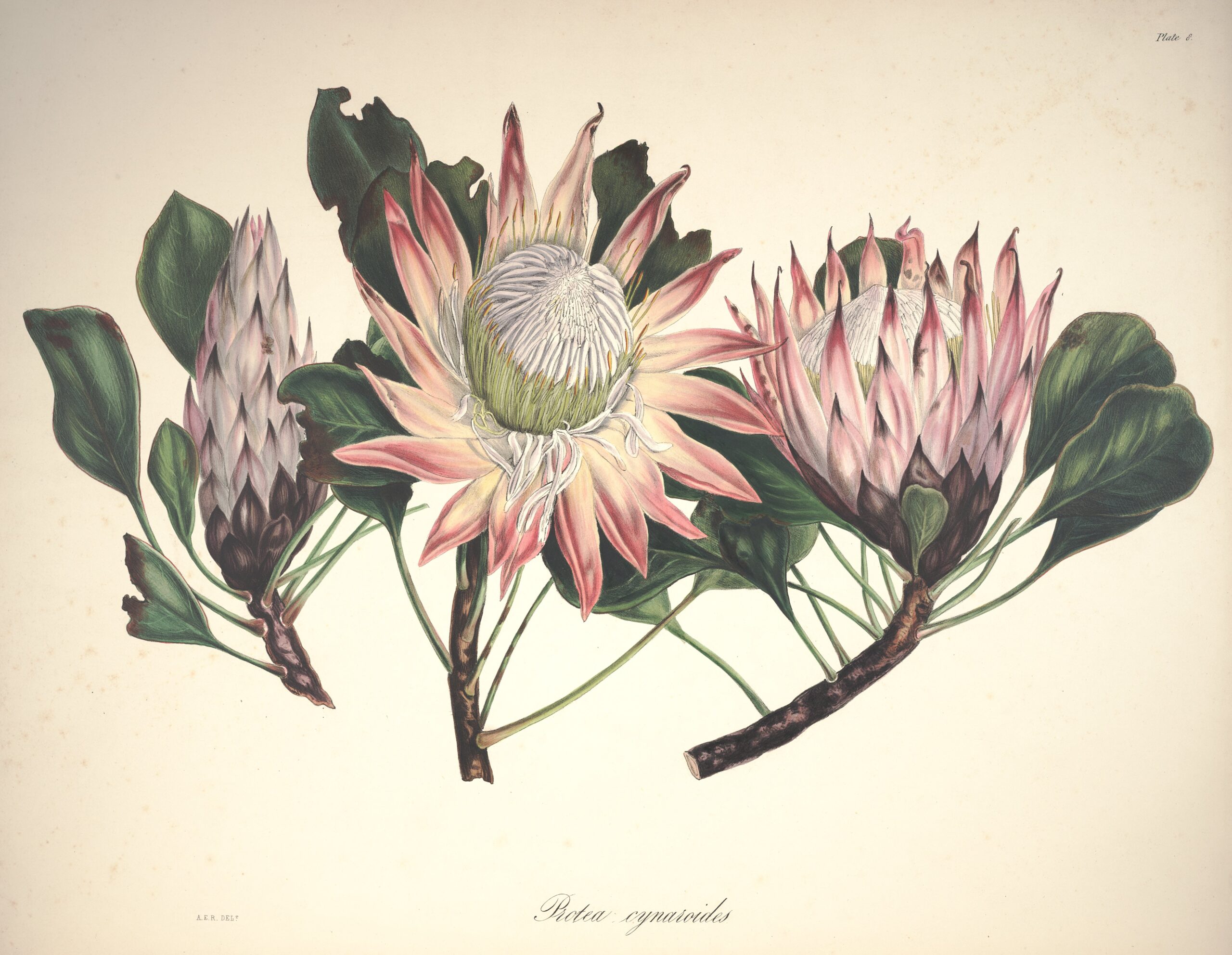
Protea Cynaroides (King Protea), A. Roupell, Specimens of the flora of South Africa. Cape flowers by a lady, t.8 1849 (public domain CC by 4.0)
We’re looking at plant seeds, for their material and symbolic value. One fact that has intrigued us from the beginning is the ability of the Leucadendron seed, also of the Proteaceae family, to germinate through bushfires. The seed is tiny and seemingly fragile, and yet it thrives in such volatile conditions. We saw this as a metaphor for the Anti-Apartheid movement, and specifically the cross-pollination of ideas between the South African liberation leaders during their political imprisonment in Robben Island by the Apartheid regime.

Mosiuoa Lekota, in Voices from Robben Island (1994, a Jurgen Schadeberg, Claudia Schadeberg and BBC co-production, with co-director Adam Low), speaking about the cross-pollination of ideas — essentially the sowing of the seeds of liberation — during the imprisonment in Robben Island: “By taking all of us onto the island and putting us together they brought together potential politicians, from all parts of the country. People who otherwise would not have had the opportunity to sit and exchange views, and therefore develop a single national perspective.
About the artists:
Reference:
(1) Boehi, Melanie and Phakamani M’Afrika Xaba. “Decolonising Kirstenbosch: Confronting the Violent Past of South Africa’s Botanical Gardens.” Architectural Review, January 28, 2021
Cover image: Leucadendron seeds (photo credit: Mae Shummo, Lucia Medina Uriarte, Ektoras Arkomanis)
Written by Matthew Hahn, Anti-Apartheid Now! Project Producer, December 2022
We look forward to releasing their finished piece in early 2023.
Anti-Apartheid, Now is a Liliesleaf Trust UK led project, funded by Arts Council England with support from the Barry Amiel and Norman Melburn Trust and, for some project aspects, London Borough of Islington’s Local Initiatives Fund.

